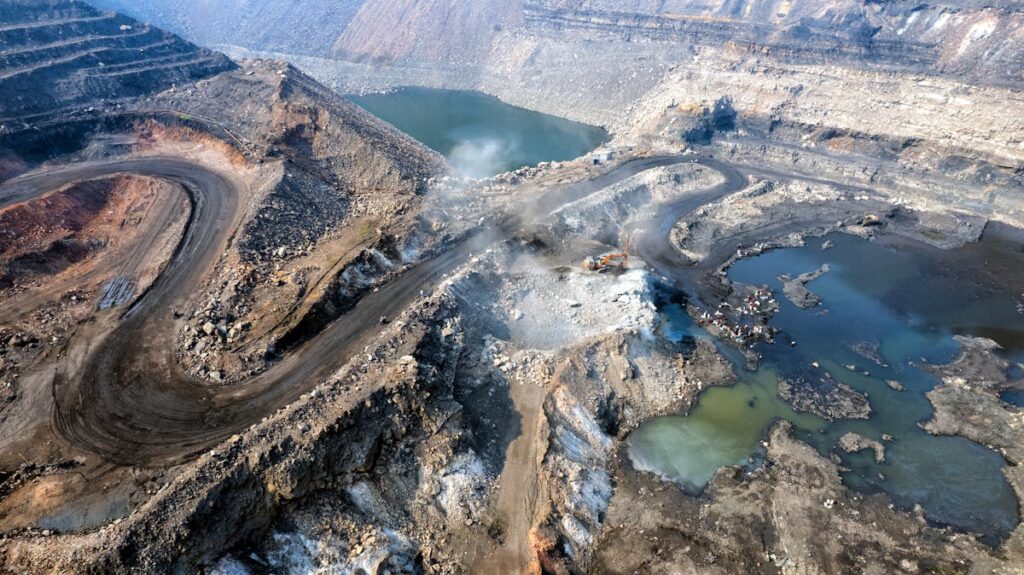
There is an ancient god who walks among us, though few dare to name him. He has no temples, no hymns, no solemn rites. Yet his presence is everywhere—woven into the fabric of our lives, shaping our desires, devouring our futures. His name is Moloch, and in the age of capitalism, he is more powerful than ever.
Moloch, as he appears in myth and poetry, is the god of sacrifice, demanding the lives of children in exchange for prosperity. In our world, his appetite remains unchanged, though his victims have multiplied. He does not take in fire and smoke but in credit and quarterly profits, in the dreams of the many sacrificed for the ambitions of the few. Under capitalism, Moloch wears a suit and speaks in the language of perpetual growth, the relentless demand that more must always be extracted from less.
The logic of Moloch is simple: to survive in a system built on competition, each entity—whether a corporation, a nation, or an individual—must chase short-term gain, no matter the cost. The future is secondary; all that matters is winning the next round. If a company can gain market dominance today by stripping a forest, displacing a community, or squeezing more from an overworked labor force, it must do so. If an algorithm can drive up engagement by making people angry, it will. To hesitate is to lose. The system does not reward caution; it rewards those who feed the fire.
The myth of capitalism insists that this endless expansion is natural, even noble. Growth, we are told, is progress. A company that does not expand is failing, a GDP that does not rise is in decline. But what is this growth if not an ever-escalating sacrifice to Moloch? A city grows by paving over its history, a river is dammed to fuel industry, a species vanishes to clear land for cattle. We tell ourselves that we will mitigate the damage, that solutions will come, that the market will correct itself. But the market does not correct; it only competes. And so, the cycle continues, each player forced to consume more in order to survive.
We see Moloch’s hand in every crisis where immediate gain is chosen over long-term stability. In the financial sector, where speculation and short-term profit drive decisions that lead to inevitable collapse. In climate change, where corporations extract and burn knowing full well that the cost will be borne by future generations. In the erosion of public trust, where institutions hollow themselves out for the sake of efficiency, leaving only brittle shells behind.
And yet, Moloch is not invincible. His power lies in his invisibility, in the way he disguises himself as necessity, as inevitability. The first step to breaking his grip is to see him clearly. Capitalism does not need to be a runaway train; we can build systems that value sustainability over extraction, cooperation over competition, long-term well-being over immediate gain. But to do so, we must be willing to question the logic that has been sold to us as truth.
For too long, we have knelt before Moloch, offering up the world piece by piece in the name of progress. But progress toward what? A burned-out husk? An empire of dust? If we continue on this path, we will learn, too late, that Moloch does not grant prosperity. He only takes.
Join us in making the world a better place – you’ll be glad that you did. Cheers friends.